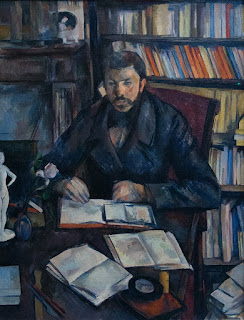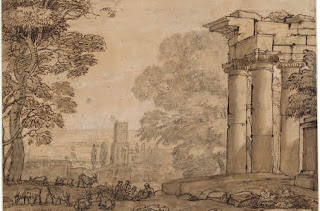Not all art is beautiful (and that’s good)

Is aesthetics only about art that is beautiful as conventionally understood? If not, what purpose does art that may not be so serve? My new essay published in May 2022 in Blue Labyrinths Image: John Constable, Hadleigh Castle (1837) (Public Domain)


